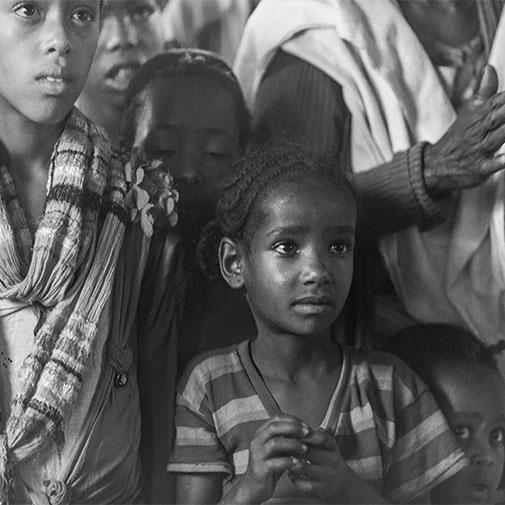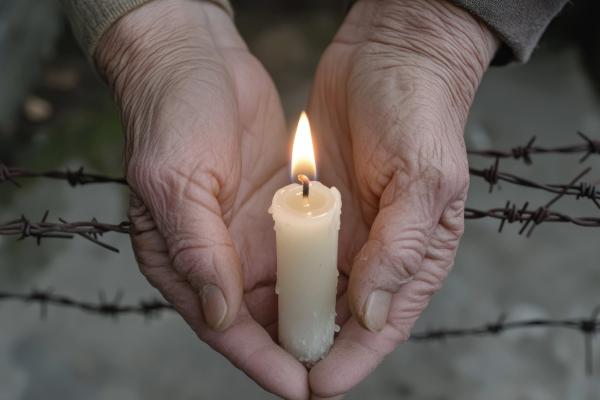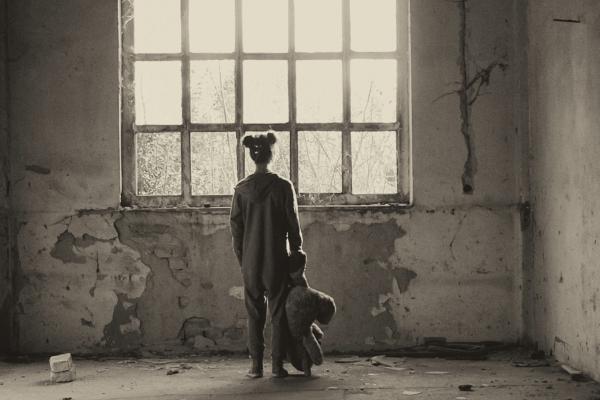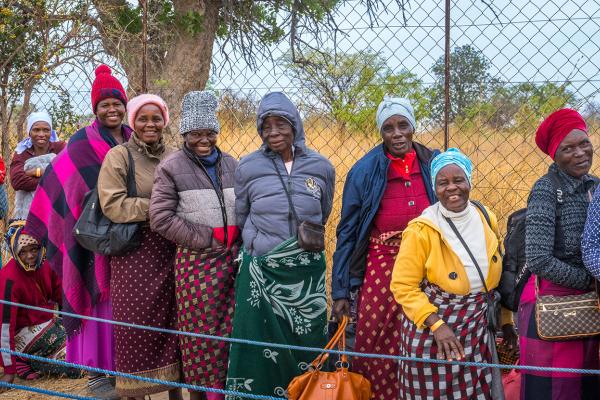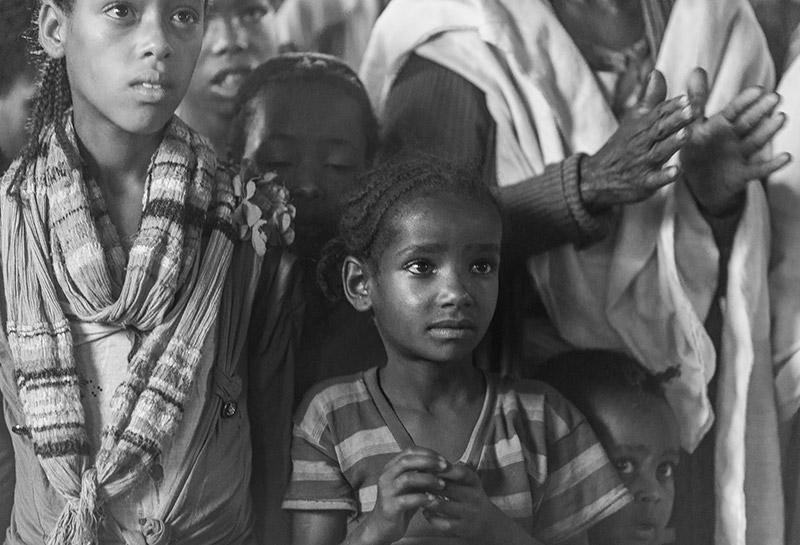
Few people in the West know what an amazing and historic country Ethiopia is – or why we care so much about some very special Ethiopian people.
For example, did you know:
- The earliest evidence of modern humans was found in Ethiopia. It’s believed these early people migrated from Ethiopia to populate the Middle East and areas beyond.
- Ethiopia’s ancient script, known as Ge’ez, is believed to be the oldest alphabet still in use in the world.
- Tradition holds that the Queen of Sheba, as mentioned in the Bible, was from Ethiopia and that, when she returned home from visiting King Solomon, she was carrying his son. That child grew to become King Menelik I. About that time, a number of Jewish people migrated to Ethiopia, and today, we have genetic (DNA) evidence that, among the Ethiopian people, there are many of Jewish origin who immigrated there during that ancient period.
- During the time that Yeshua (Jesus) was on earth, Ethiopia was home to the Aksum Kingdom – which, with Rome, Persia, and China, was one of the four great powers of the world. The Ethiopian eunuch, whose baptism was recorded in the eighth chapter of Acts, was an important official from this kingdom.
- Ethiopia has close historical ties with both Judaism and Christianity. In the fourth century, it was one of the first countries to officially adopt Christianity as the state religion.
- The 1897 flag of Ethiopia, used during the reign of Emperor Haile Selassie, featured an image of the Lion of Judah. One title for the Emperor was “Conquering Lion of the Tribe of Judah.”
- In Amharic, a leading language in Ethiopia today, “Israel” means “miracle.”
- Ethiopia is where the first coffee beans were grown, and the country continues to produce some of the world’s most highly regarded coffee.
But the people of Ethiopia also have a long history of suffering:
- Nearly a third of the country’s population died in the Great Ethiopian Famine of 1888–1892.
- Ethiopia was occupied by Mussolini’s Fascist army from 1936–41, resulting in the imprisonment and massacre of many Ethiopians.
- The reign of Ethiopian Emperor Haile Selassie ended in September 1974, when he was deposed in a Soviet-backed military coup. The communist dictatorship put into power then killed as many as half a million people, using hunger as a weapon. The communists were eventually ousted by a bloody civil war.
- The 1983–85 famine in Ethiopia affected nearly 8 million people and caused 1 million deaths.
- Ethiopia is now in the fourth year of its worst drought in half a century, resulting in a devastating famine currently affecting more than 6 million people.
Among those people suffering in Ethiopia, some of the hardest-hit are members of historic Jewish communities – especially the Gefat people of Woliso and Hosanna.
In addition to being poor and especially vulnerable to drought and famine, the Gefat are victims of widespread prejudice in response to their uniquely Jewish religion, worship and customs. Because of this, many people in the surrounding areas refuse to do business with them, causing the plight of the Gefat to become increasingly desperate in hard times.
But persecution endured by the Gefat is much more serious than their threatened livelihood. These Jewish people weep as they tell us they have been called “Evil Eye” by non-Jewish members of the community. Some show us burns sustained when their houses were set on fire – while they were still inside – by people with hatred for all Jewish people.
Jewish Ethiopians are also known as “falasha” or “unwanted strangers” – even though they have lived in this same land for centuries.
These dear Jewish people have almost nothing. And, although they do no harm to anyone, they are reviled and persecuted, suffering terrible hardship simply because they are Jewish.
That’s why Jewish Voice is so active among the Jewish people of Ethiopia!
First, we help ease their suffering through practical humanitarian aid. At our 2018 Outreach in Debre Birhan, we provided medical, dental and eye care to nearly 16,000 people who, because they are ostracized, had no access to such critical services, even if they could have afforded them. We also help prevent disease by providing them access to clean, healthy water by providing free LifeStraws® – devices that can filter water for individuals or whole families. At Debre Birhan in 2018, we were able to distribute 12,000 of these LifeStraws.
But, most importantly, we pray for and with these dear people and introduce them to Yeshua (Jesus) – their long-awaited Jewish Messiah who loves them and wants to save them.
This critical part of our ministry has led to tens of thousands of people finding salvation directly through the ministry of Jewish Voice!



